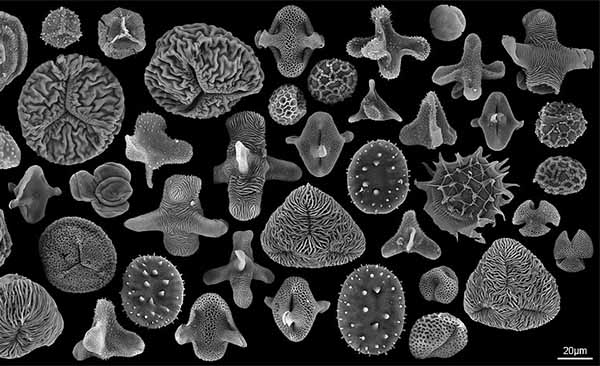Fitness
Allergies
I never had Allergies until I hit my 30s, and they got worse when I moved into a town with a lot of agriculture. For the past 9 months, I’ve noticed my ears plugging up randomly. I’ve never been good at staying on top of my allergies because I’m lazy and they are never that bad. Some sneezing some watery eyes but very rarely a sinus infection. With my ears starting to plug up on me I’m reconsidering a regiment of daily antihistamines!
Quick Tip:
Allergies and the Ear
October 16, 2008 by Dr. John Overholt | 8 Comments
When people think of allergy problems, what comes to mind most often are the classic symptoms of sneezing, runny nose, and itchy eyes. Many people don’t realize that the ears can be affected by allergies, too.
The ear can be divided into three sections: outer, middle and inner.
Allergies primarily affect the middle ear. As you can see, the middle ear has a drainage tube or pressure release valve called the eustachian (you-STAY-shun) tube. If this tube is clogged with mucus or its opening is blocked by allergy swelling, then pressure and fluid can build up in the middle ear. This gives us the sensation of being down a well, having the need to “pop” our ears frequently, and can result in diminished hearing. Fluid build-up also creates a good environment for infection to occur. Middle ear infections, called otitis media or OM, occur commonly in early childhood and are a frequent reason for antibiotic treatment and missed school days. Allergies are a well recognized cause for recurrent OM and kids who have more than their share of middle ear infections should be allergy tested.
Will allergy medication help my ear pain?
Allergies and Ear Pain
Medically reviewed by Stacy Sampson, DO on October 10, 2018 — Written by Scott Frothingham
Prescription and over-the-counter (OTC) allergy-relieving medications can address a variety of allergy symptoms, including allergic reactions that affect the ear. Readily available OTC antihistamines include:
cetirizine (Zyrtec)
chlorpheniramine (Chlor-Trimeton)
diphenhydramine (Benadryl)
fexofenadine (Allegra)
levocetirizine (Xyzal)
loratadine (Alavert,for allergy ear pain
There are steps you can take at home to manage ear discomfort:
To reduce pressure in the middle ear, rest in an upright position as opposed to lying down.
To reduce pain, put a cold pack on your outer ear for 20 minutes.
To ease pressure and pain, try chewing gum.
To ease pain, consider OTC pain-relieving medications such as acetaminophen (Tylenol), ibuprofen (Motrin, Advil), or naproxen (Aleve)
Although home care can be effective, if the pain or pressure in your ear doesn’t go away or it becomes increasingly painful, make an appointment to see your doctor.
I also watched a youtube video on 5 ways to unplug your ears, I will definitely be trying these methods and possibly buying the product used in the 5th method. Mostly though I enjoyed watching the the totally adorable ear Dr! Hehe!
I really am serious about getting my allergies under control. It is the worst to be talking to someone, especially when it’s important, and out of nowhere my ears plug up and I can barely hear let alone concentrate on what they are saying! Case in point, when Vai was at the LA Fit Expo/Marathon my ears plugged up off and on the whole 2 days! And always at the worst possible moment. I am going to give an antihistamine ( probably Zyrtec or Allegra) a 30-day trial and if things don’t improve with my allergies then a Dr’s appt is warranted.
Wish me good luck!
Thanks For Reading


